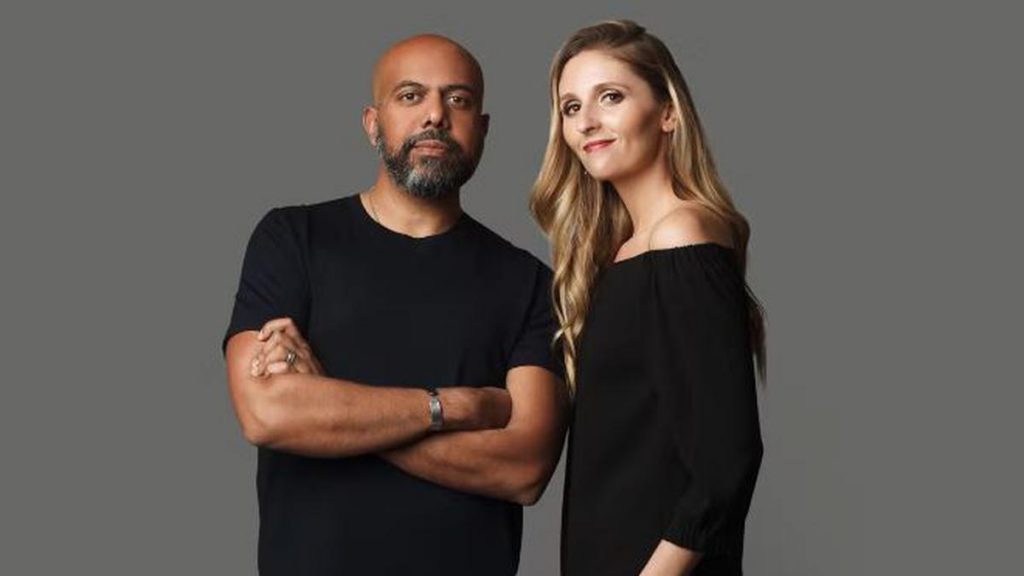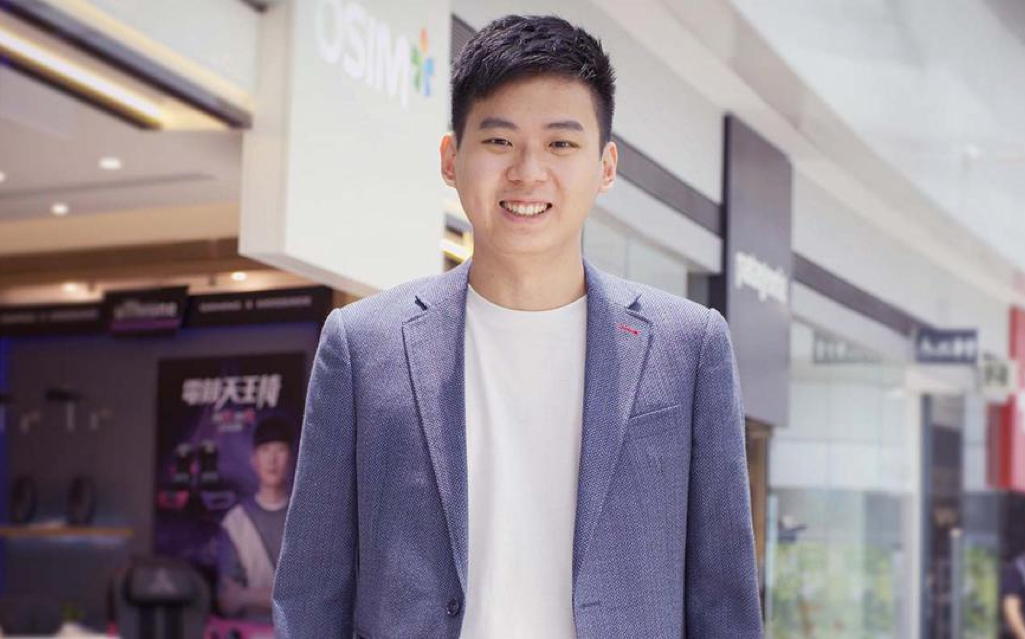It will still be possible for startups to raise hundreds of millions of dollars in 2023 without demonstrating product market fit.
Ex-Apple executives Bethany Bongiorno and Imran Chaudhri have been running their startup for five years, and in that time they’ve used a steady stream of buzzwords without ever explaining what it actually does. Their website claims their technology “improves the human experience,” is “built on trust,” and will make users feel “magical” in their interactions, which are all incredibly vague claims that could just as easily be made about a visit to Santa Claus in Macy’s.


Contrary to popular belief, this is not a fledgling covert operation. About 40% of the approximately 200 employees they’ve hired in the last five years across San Francisco, New York, and other cities have previously worked at Apple. The founders have raised $241 million from investors like OpenAI’s Sam Altman, the renowned solo VC and ex-Stripe engineer Lachy Groom, and firms like Steve Jang’s Kindred Ventures, Tiger Global, and SoftBank, despite not having a product to debut or even discuss publicly.
Advisors include Rubén Caballero, corporate vice president of engineering for design and technologies at Microsoft, Marc Benioff, CEO of Salesforce, and Sam Altman, founder, and CEO of OpenAI, along with Liam Casey, CEO of PCH International.
Adding to a long list of funding announcements, hiring updates, and promotional videos without a real product, the company said yesterday that it had raised its latest $100 million in funding and that strategic investors including Microsoft and LG were teaming up with the company. In an interview this week, CEO Bongiorno and chairman and president Chaudhri claimed to have developed a “new software distribution platform” and a “new mobile compute device,” respectively. A company spokesperson has confirmed that the product will be released in June and that it will do so on the company’s terms.
Patent applications reveal at least some of the team’s progress over the years. It appears that Humane is using sensory data from a wearable device to perform smartphone activities like writing messages, playing music, or opening Twitter via a projection on a person’s left hand, as suggested by a patent published in December 2022 and eerily similar to a teaser video the company released in July. Imagine it like this:
Bongiorno and Chaudhri informed me that they are developing a cloud-based and device-based software platform, with the cloud platform residing on Microsoft Azure and making API calls to other partners’ services. The company claims it will incorporate OpenAI’s preexisting models, jointly developed machine learning models, and its own models into its device-native software platform.
It blows my mind that they have managed to raise three significant rounds of funding without conducting any kind of stress test to see if people will actually use what they are building, regardless of how well their product works. In contrast to the two subsequent Series B (where Humane was valued at $800 million per PitchBook) and Series C rounds, where investors are taking a larger vote of confidence on an idea and a strong team, this is more typical of a seed or Series A investment. However, Humane will not share its thoughts on the valuation at this round.
To get a sense of what made Humane so appealing to early backers, I spoke with Jang, who led the most recent round and co-led the seed, and Khaled Jalanbo of Valia Ventures, who also participated in the seed.
“Anything where you’re building new systems design, all the way from the chipset through hardware, and rethinking how A.I. and applications and services all work together—it takes more resources,” says Jang, who admits this is “not the standard way of building a startup,” but notes that OpenAI was developed for seven years prior to releasing the public version of GPT this past winter.
Jalanbo cites the team’s composition, which includes former Apple VP of iCloud, FaceTime, iMessage, and APNS engineering Patrick Gates, as a major strength. Bongiorno managed the software engineering programs for iOS and macOS, and Chaudhri oversaw the design of Apple’s software and hardware from his position as director of design.
Adding on, Jalanbo says, “There are probably dozens of people at that company that, if they were founders, on their own, would have the ability and experience to start companies.” “It’s truly a one-of-a-kind leadership team that’s shaped the way we interact with technology.”
However, in this market, not all VC firms are willing to make such costly bets on pre-revenue companies.
“A company generating a dollar of revenue is massively de-risked to a company generating zero dollars of revenue,” Jett Fein, a consumer tech-focused partner at Headline, told me yesterday as we discussed today’s newsletter. He continues, “I can think of no successful technology company that raised that much money before it even launched. A lot of businesses that tried and failed end up in a cemetery.
I’m reminded of the time when Jeff Bezos, John Doerr, and Steve Jobs were all praising the project, calling it “Ginger,” and promising that it would change mobility forever. The outcome of that situation is common knowledge.
Like any other company, Humane won’t know much until its product hits store shelves, as Jalanbo puts it. However, that is a risk we were prepared to take. We hope this business succeeds. We believe in the mission, and we enjoy working with a team that is both competent and thoughtful, with a solid foundation of financial backers and strategic allies.




